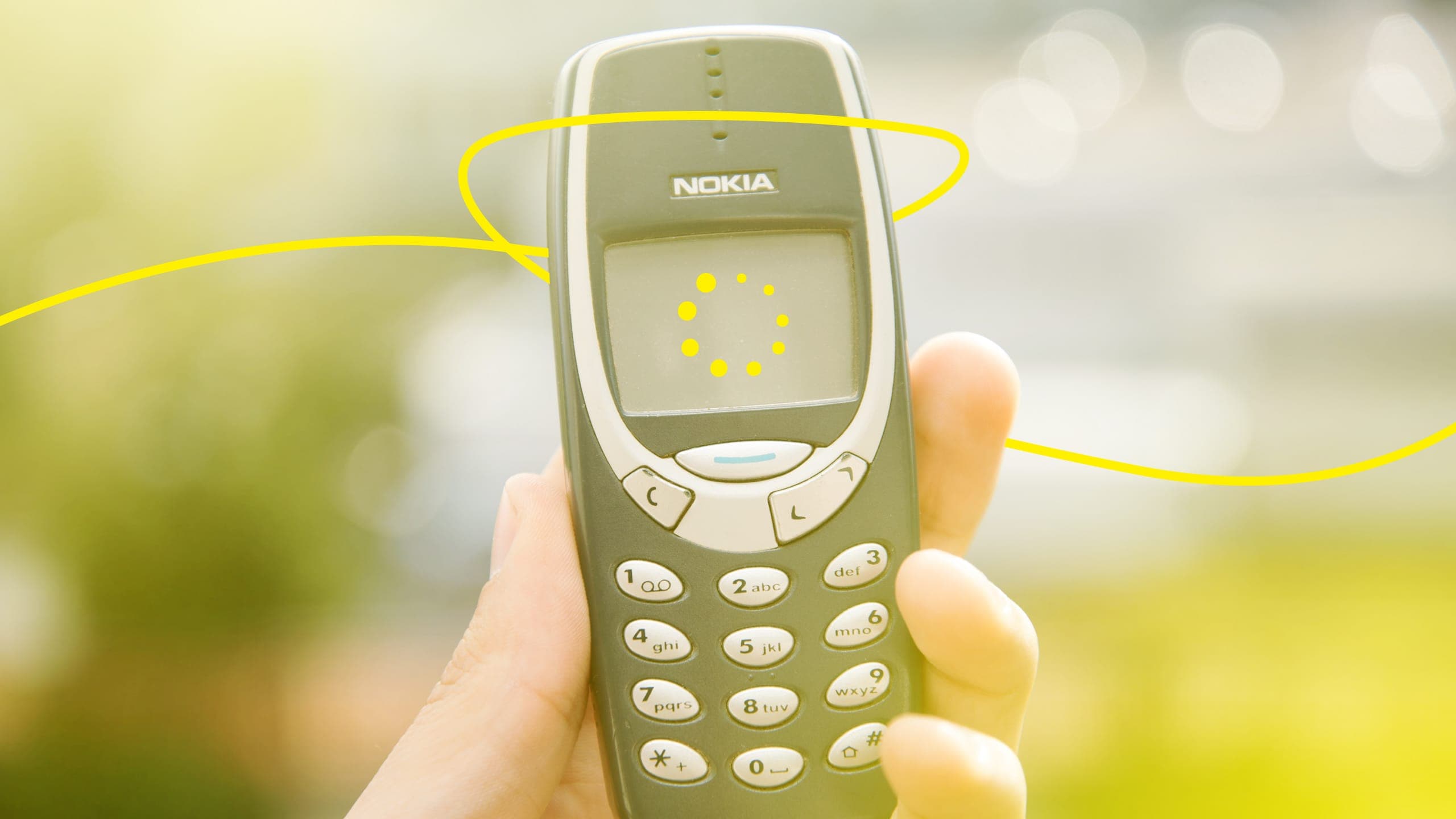
A few months ago, I embarked on a radical experiment. Like everyone else on the planet, I’ve been inundated with all the research and messaging about the impact of smartphones on our attention spans. Maybe it was placebo, but I started noticing how rapidly mine was diminishing.
At university, I could comfortably focus for over an hour on an assignment, but I was struggling to give anything my undivided attention for more than 20 minutes. Despite all the ‘Do Not Disturbs’ and silenced notifications, I’d catch myself mindlessly scrolling my smartphone midway through a task. Thanks to a timely intervention, I read an article by Ryan Holiday on spending less time on my phone and one solution grabbed me – the ‘dumb phone.’
COULD A DUMB PHONE RECOVER MY ATTENTION?
Curious as to whether my attention could be recovered, I bought a simple, old-school Nokia that was only capable of calling and texting. For 30 days I became a social experiment. I was on a mission to find out if trading a smartphone for a dumb one would make me, well, smarter and more productive.
Full disclosure, I didn’t want to go entirely Luddite. Smartphones are necessary tools for navigation, finance, and settling trivia disputes at the pub. The dumb phone however became my default device, which meant creating much firmer boundaries around my smart one. If I was at work, the smartphone was in the drawer. On the bus, it was in my bag. At home, it was in the cupboard. I wanted to break the habit of automatically reaching for my phone and that one small behavioural change made a big impact.
LESS SCREEN TIME, MORE REAL TIME.
It turns out our attention spans work the same way as riding a bike. Without the constant distraction of my smartphone, I was able to work on tasks for over an hour at a time. The other interesting side effect was less ‘mental clutter,’ especially in the mornings. Without a newsfeed of US politics running through my head, my thoughts were much clearer and I felt mentally fresh by the time I started work.
I also noticed an increase in creative problem-solving. In his classic book, “A Technique for Producing Ideas”, acclaimed ad man James Webb Young advises a five step process for creativity. The third and fourth steps are to step away from the problem and allow the idea to come to you naturally. It felt like there was something similar happening with my brain.
With limited access to my smart device, I could disconnect from work and personal problems and give myself some space to work through them on my own. Allowing myself time to process problems sparked some novel solutions that I probably wouldn’t have come up with if I was constantly engaged in it.
THE FOUR LESSONS MY DUMB PHONE TAUGHT ME.
- Change doesn’t require a complete overhaul. Small modifications in behaviour can yield profound impacts.
- Phones are just tools, neither good nor bad. How we use them determines their effect on our lives.
- Maintaining distance from the smartphone is the easiest way of keeping it out of your hands and can greatly enhance the quality of deep work.
- There is a subversive joy in letting your phone run out of battery and being completely uncontactable for a full Sunday.
In a world obsessed with smartphones, the decision to embrace old-school technology may sound like swimming upstream, however, I’m not the only dumb phone convert. A recent sales report from HMD Global (the maker of Nokia) showed the sale of flip phones, with just basic call and text functions, has doubled in the last year. The trend is also increasing in Europe, particularly among young people. Just as the vinyl record made a comeback, it looks like the dumb phone is on track to do the same.








